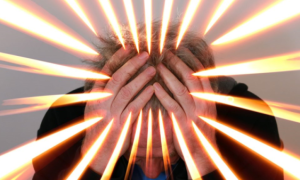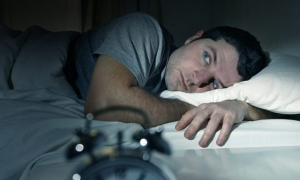-
Some mental and emotional stress levels can be beneficial and often improve performance. However, there is a limit, and surpassing that limit can negatively impact performance. It can affect decision-making, increase emotional reactivity, and even lead to burnout at work and home.
Further…
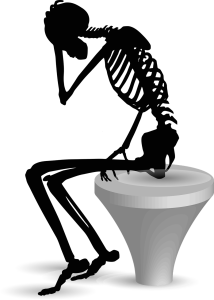
Unmanaged stress doesn’t just show in physical testing but also behaviour, e.g.
Impaired decision-making: Stress can lead to cognitive distortions, causing you to overlook critical information, jump to conclusions, or make impulsive decisions. This is not good when you’re trying to stick to a plan.
Increased emotional reactivity: Heightened stress levels can exacerbate emotional responses, making it more challenging for you to maintain objectivity and discipline.
Reduced focus and concentration: Chronic stress can make it difficult to concentrate on changing information and lead to costly mistakes.
Burnout: If you’re stressed for long enough, you can experience exhaustion, diminished motivation, and reduced performance over time.
Working demands, family & relationship dynamics, travelling, seasonal changes, activity and diet (including alcohol) appear to influence results most.
-
The Stress Score Assessment
The (5-minute) stress test is non-invasive, repeatable and accurate. Its purpose is to assess an individual's mental, emotional, and behavioural response to their current lifestyle.
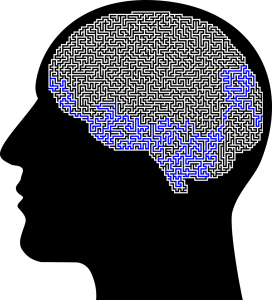
The results serve three purposes.
1. Score current mental & emotional stress.
2. Respond to the score with fitting strategies.
3. Retest mental & emotional stress.
😰 The lower your score, the better.
😰 A lower score typically drives the best cognitive health, athletic health and recovery.
-
Testing
Stress Score
Test
Stress Points
10
6
3
0
1
Sleep Questionnaire (.../10)
7⇒
6
4
⇐2
2
Stress Questionnaire (.../10)
7⇒
6
4
⇐2
3
HRV Score (.../100)
⇐35
45
55
70⇒
4
HbA1c – Blood Glucose (mmol%)
5.8⇒
5.6
5.3
⇐5.1
5
Blood Pressure (mm/Hg)
150/100
145/95
135/90
⇐120/80
6
ECG - Resting HR & Sinus Rhythm
95⇒
85-94
80-84
⇐79
Total Stress Score
.../60
The tests.
Sleep questionnaire: Poor, broken, and unfulfilling sleep almost always represents stress—mainly mental and emotional stress. Implementing sleep strategies improves sleep and health in general.
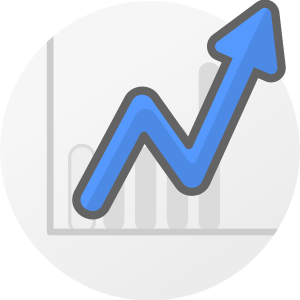
Stress questionnaire: The questions pertain to current behaviour, experience, and physical well-being. It is often best to answer these questions in the presence of someone who knows you well.
HRV: Heart rate variability, measured using the Elite HRV sensor, assesses the hormonal impact on the heart's rhythm. Generally, the more calm, confident, rested, and healthy you are, the higher your score.
HbA1c: Commonly, blood glucose levels are elevated due to lifestyle stress. High levels of stress cortisol are associated with high blood sugar, resulting from mental stress, as well as the consequences of poor sleep, a bad diet, and inactivity.
Blood Pressure: An elevated blood pressure reading from this test is likely a hormonal response to stress, causing the tightening and restriction of blood vessels. Sustained higher blood pressure can be risky.
RHR & Sinus Rhythm: Enduring mental & emotional stress increases resting ECG and can disrupt normal sinus rhythm.
-
The results
Pending “your” score I would recommend strategies like;

Mindfulness strategies: Breathwork, Meditation, Essential oil practice & Supplements.
Activity: Police the appropriate exercise intensity, fitting postural exercises & barefoot exercise.
Sleep strategies: Room set up, temperature, lighting, pre-sleep practice; reading, breathwork, rain therapy etc.
Dietary recommendations: Avoid x, y, z, include a, b, c.

